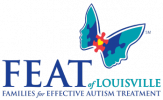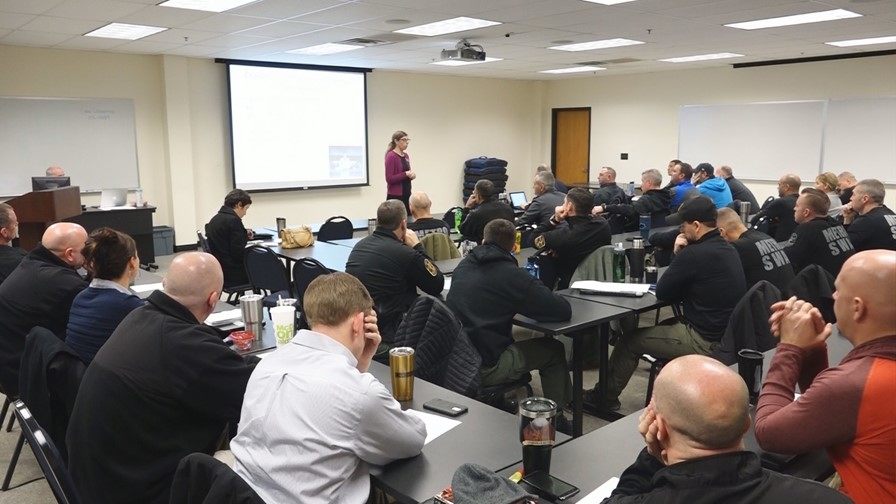First responders use autism awareness as life-saving tool
-
by
Melanie West
Louisville, KY
LOUISVILLE, Ky. (WHAS11) – It was a heartbreaking outcome for a Louisville boy and his family last summer. Eight-year-old Shalom Lawson was visiting family near Indianapolis when he wandered into a pond in Brownsburg, Indiana and drowned. He was diagnosed on the autism spectrum and couldn’t speak. Shalom’s story is being shared with Louisville Metro Police. Mandatory autism sensitive training is currently taking place for those who handle emergencies.
“If an individual does not have a family member or a loved one affected by autism, they probably know someone and at the very least, they’ve interacted with someone on the spectrum,” Heidi Cooley-Cook said.
She is spearheading the training through the Kentucky Autism Training Center at the University of Louisville.
“We are hoping we can move from just this awareness piece, into an acceptance and ultimately an appreciation for individuals with autism,” she said.
The two-hour training consists of some of the best practices first responders can use during emergency situations involving people with autism.
Cooley-Cook also adds, “Give them patience. Provide them an opportunity and also get to know them. Promote a community of compassion.” She has already trained employees with Metro EMS, MetroSafe and Louisville Fire.
Louisville Fire Captain Chad Greathouse has a personal connection to the training. His 16-year-old son Chance was diagnosed on the autism spectrum when he was seven years old. Greathouse says his son has some issues with communication and impulse control…which is why he’s having the conversation with him about how to interact with police.
“It is something that we have to teach him- how to give general respect, how to behave properly if approached or even pulled over,” Greathouse told WHAS11.
In 2017, the Kentucky general assembly adopted a resolution which strongly encourages autism training for first responders across the state.
Cooley-Cook is planning more training sessions for LMPD and is training Louisville International Airport Public Safety staff this week. She plans to roll-out online training for other emergency organizations throughout the state in the spring.
For Greathouse, these lessons provide an important public safety mission for a population that may be overlooked.
“First you have to build the rapport. Then, you really have to invite yourself into their world,” he said.
For information on the Yellow Dot Program, click here.
For details on the Smart911 system, click here.



